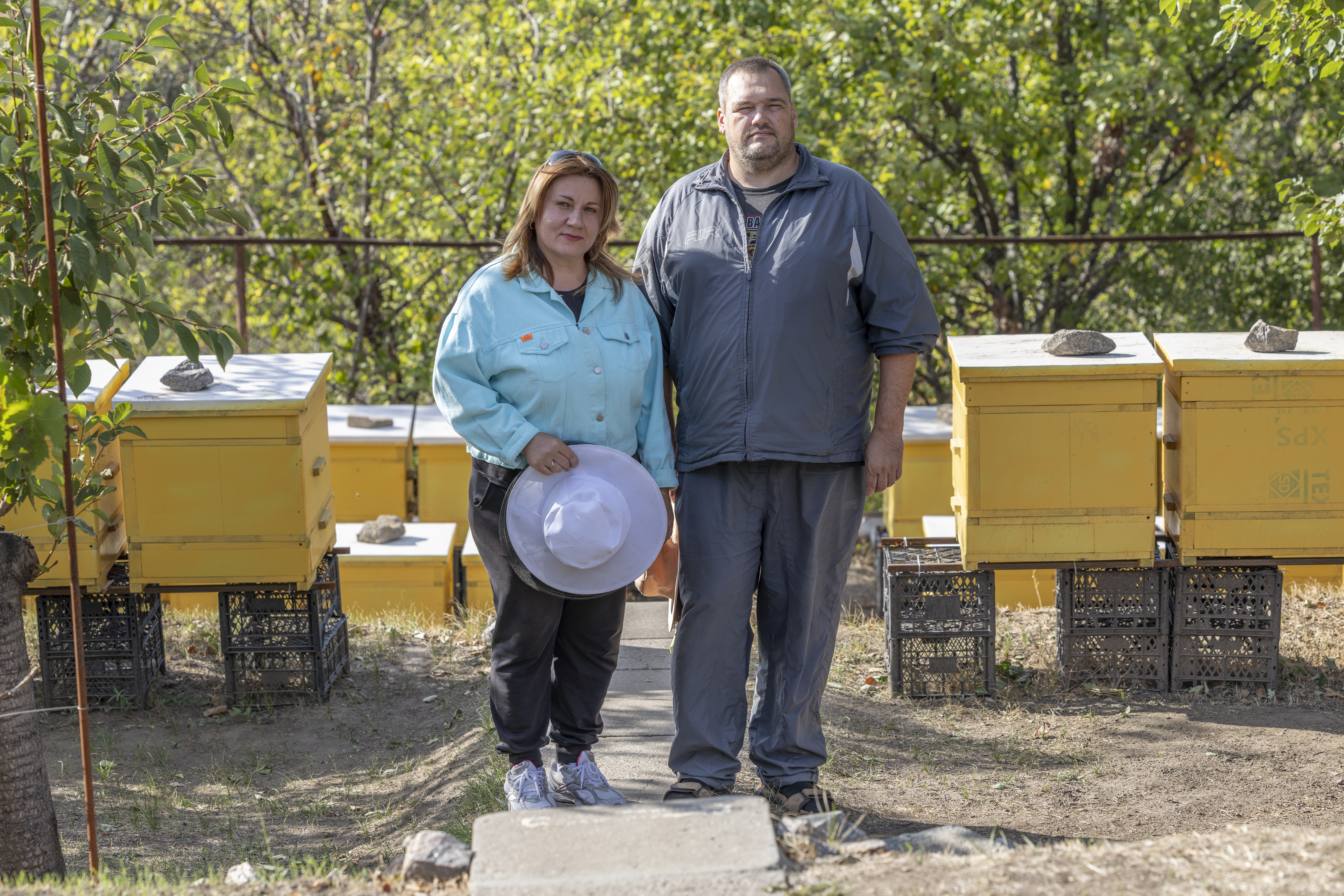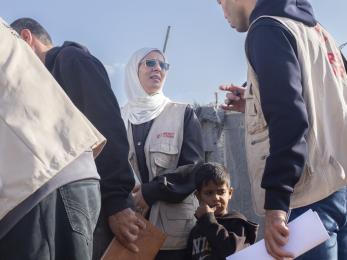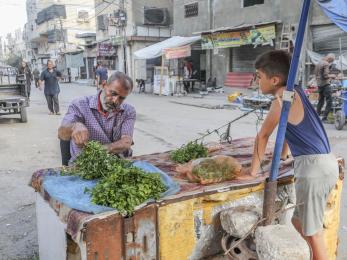Assessing needs in Yemen
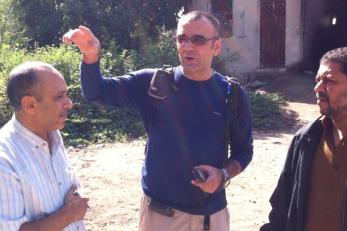
Veteran aid workers Richard Jaquot and Mugur Dumitrache recently visited Yemen to assess the prospects for helping supply water, provide work opportunities, and support the psychosocial needs of communities impacted by the country's mulitple crises.
Approximately 400,000 people have been displaced in the north and the south. Other families who remain in their homes face significant challenges due to the massive unrest, including loss of livelihood, power outages, fuel shortages and rising food prices.
I spoke with Mugur, a water-and-sanitation expert on our emergency response team, about what he saw during his visit.
What was the purpose of your visit to Yemen?
I came to Yemen to assess the humanitarian needs in the context of the displacement crisis, in particular focusing on water and sanitation needs. Yemen is one of the most water insecure countries in the world. Experts say that Sana’a, Yemen’s capital, is likely to run out of water by 2020. The Carnegie Endowment for International Peace confirms this looming disaster. They say that Sana’a will be the first capital in modern history to run dry. So Yemen and the international community need to closely examine the country’s immediate and longer-term water needs.
What did you find during your assessment to Yemen?
The Mercy Corps team visited three major urban areas: Sana’a, Taiz, and Aden. These have been major centers of conflict during the past ten months of the political crisis.
We spent nearly a week in Taiz because the situation is very difficult there. The Arab Spring inspired Yemen youth to demand change within their country, but in Yemen, it ballooned into a larger political crisis. In Taiz, one of Yemen’s most populated cities, the city was under siege as pro- versus anti-government protestors battled on the streets. For months, there was indiscriminate fighting that caused basic services like water access and waste management to break down.
While we were there, we met with relevant government ministries working on water and health. We also met with several civil society organizations who want to improve the conditions with us. Together, we discussed options for possible interventions to improve the water and sanitation situation.
There was a big concern about waste disposal. Because of the fighting, many areas were not regularly cleared of garbage and other waste. In the middle of the city, there was a massive two-story-high pile of garbage! In many places, human waste and garbage were overflowing onto the streets.
It is a huge health risk to the population because people are exposed to elements that can trigger an outbreak of water-borne diseases. It can create acute watery diarrhea, which is a lethal disease and can kill people in 48 hours. When combined with malnutrition, which many people suffer from in Yemen, it can be a tremendous health risk.
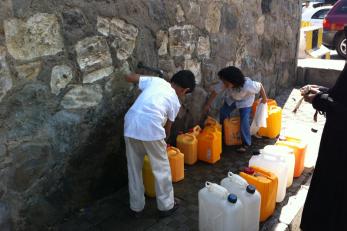
What do you think needs to be done?
We identified many needs. Overall, the city needs to increase its water capacity, both production and distribution, as well as regular maintenance of its infrastructure. More maintenance is required to manage the water network to improve access and efficiency. Due to the fighting, the government agency could not access hot spots and they also lack the necessary resources, both money and equipment. We need to think about these immediate needs so people have access to water, but throughout the process, we need to always find ways to focus on the long-term solution to the water problem in Yemen.
How can Mercy Corps assist?
Mercy Corps aims to rapidly respond by working closely with the technical staff to clear sewage canals, reduce water network leakages, increase efficiency and distribution throughout the city. We are developing projects to provide much needed spare parts to repair and replace faulty valves and machine parts, as well as increase the capacity of the technical staff in the local government agencies responsible for sanitation and water. We will also work to hire people to collect the garbage throughout the city. It is a good way to inject cash into the economy, as well as clean up the streets.
There is a major political transition underway in Yemen. Where do you see Yemen in the next six months?
Yes, the political transition was initiated when President Saleh signed the Gulf Cooperation Council agreement in November 2011. There are still many challenges ahead, but so long as the elections and departure of the president goes smoothly, there is every possibility and potential for Yemen to be back on track for a sustained recovery.
However, it will depend on continued assistance from the international community, including the funding of the United Nations and international humanitarian community’s Consolidated Appeal Process, which states $447 million is required to assist four million people. The international community really needs to make a commitment to assist Yemen not just now, but over the next five to ten years.
